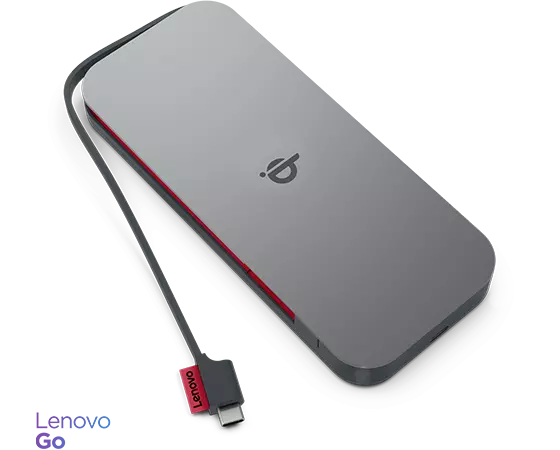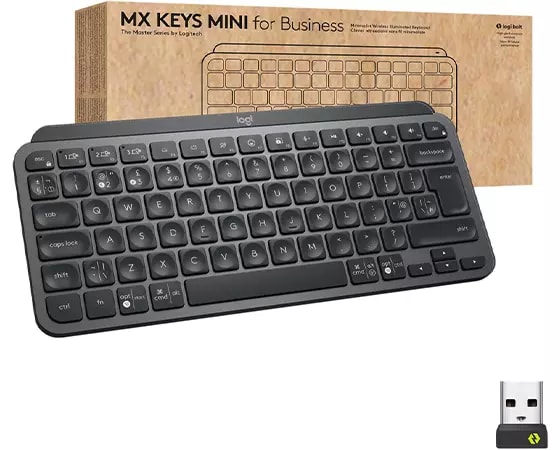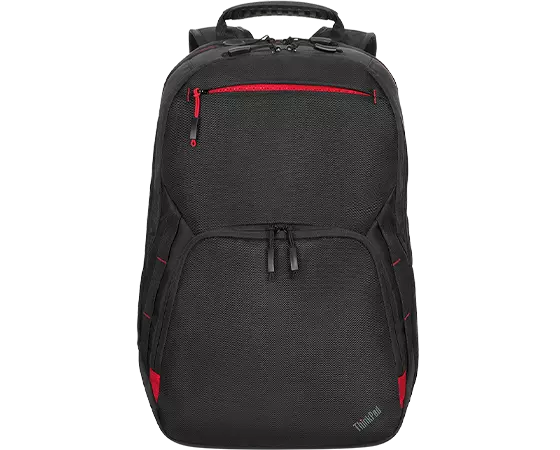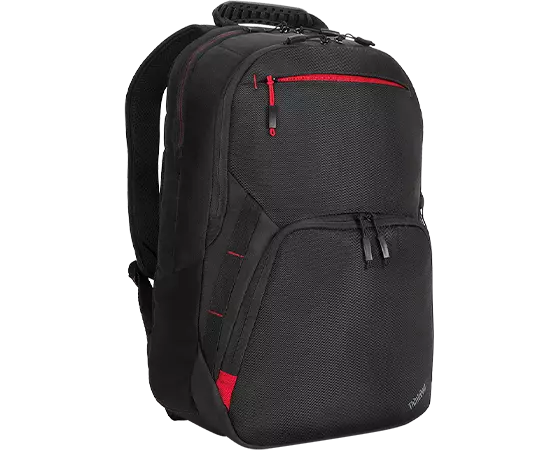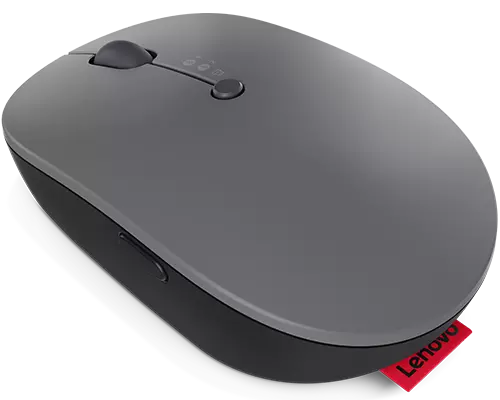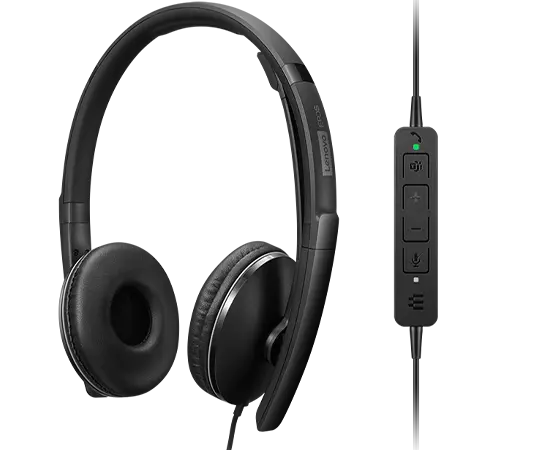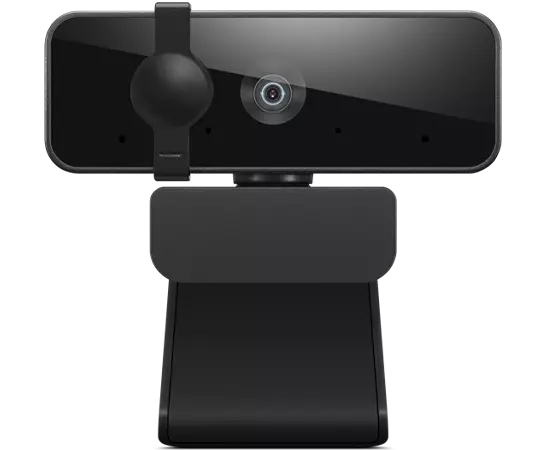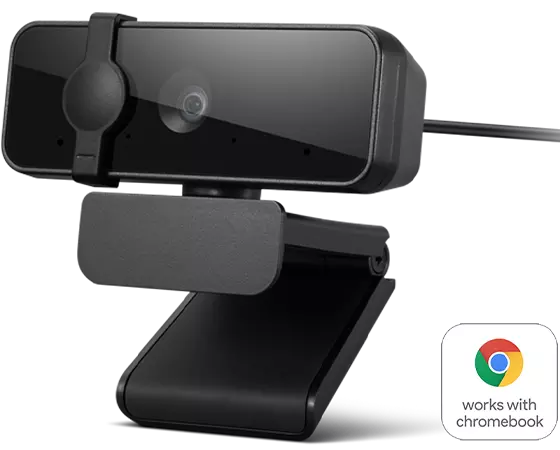Admit it: when shopping for a PC, you want the best there is to offer. So, you end up putting specific considerations into play based on its intended use. And one of the factors you to consider is data storage and performance.
That’s why you'll either consider spending less and buying a standard system that comes with the slower traditional computer hard drive or going all out and getting a system equipped with a faster SSD hard drive for PC. Ultimately it revolves around your budget, the type of data you store, and your need for speed to complete tasks.
The good news is that Lenovo's desktops come in a wide range of storage configurations — from traditional Hard Disk Drives (HDD) to Solid State Drives (SSD). However, you stand to gain more with a desktop computer with an SSD drive, whether you are using it for gaming or business.
What You Stand to Gain from a Solid-State Drive (SSD)
A solid-state drive (SSD) is a dream come true. It's an electronic storage alternative that does away with the moving elements that make traditional magnetic hard drives prone to damage and mechanical failure.
It takes advantage of low-latency flash memory, and data saved on the SSD chip in continuous chunks that are only used when needed.
So, how does an SSD drive for desktops show its superiority to other traditional computer hard drives?
● Faster Data Access- SSDs access data more quickly, resulting in shorter boot-up times and program launches.
● More Durability- The absence of moving parts in an SSD for a desktop makes it less prone to damage from drops or falls.
● Less Data Fragmentation- SSDs hold data in larger, more dense memory sections than standard PC hard drives.
● Lightweight- Compared to other hard drives, SSD drives are lightweight and make excellent alternatives for a pc hard drive or a laptop hard drive.
● Quieter- SSDs are more silent and run more remarkably than a traditional hard drive computer with spinning disks and mechanical arms.
An external hard drive for a PC will most likely cost up to two or three times more than a traditional hard drive. Why? They naturally use high-performing components, which sell at higher prices than those used in hard drive PCs. Plus, they need a complex and delicate assembly process to function efficiently and effectively.
Desktop external hard drives often have less ability and a shorter lifespan. As a result, they are perfect for often storing and retrieving large numbers of tiny data files (such as when booting up). However, performing the same operation on huge files is more difficult since the enormous swathes of semiconductor material needed can only be used/erased a limited number of times.
It's also well known that when a computer's external hard drive crashes, data recovery might be more complicated than from laptop hard drives. Why? You ask. Because SSDs store data more complexly.
The stored data location constantly changes to protect flash chips from excessive wear. As a result, it is more difficult to find data on an SSD hard drive for desktop data recovery.
Find out Exact SSD Storage Do You Need?
The truth is that we tend to be skittish any time a limitation is imposed on us. Like when a premium free trial is about to end or range worry on a long-distance journey in an electric car.
The good news is that SSD desktop computers avoid the fear of running out of storage space almost obsolete. The space you need for your desktop computer depends on how you use it. And SSD hard drives for desktops range from 128GB up to 2TB.
For Work
Lenovo's ThinkCentre desktop computers are known for their ease of use and are built for reliability in the long term. With ThinkCentre models, you can occasionally surf the web and email and create Microsoft Word documents with ease and best performance.
If you fancy using an SSD desktop computer for your work activities, you may not need much space after all. A 128GB SSD hard drive can still get the job done for you and then other. And the Windows 10 operating system will accept around 20 GB of space on a 128 GB SSD.
Chrome, for example, will accept 100 MB, while Microsoft Office will accept 1 GB. But, even with these additions, you'd still have enough space for almost 21,000 MP3 songs at 5 MB each or 10,000 high-resolution photographs at 10 MB each.
For School
You do not want to be in a situation where you have a due assignment, but your computer does not want to play ball. Thankfully, Lenovo IdeaCentre tower desktops are built to offer substantial power and reliability in the long term. This gives you all you need to do your research and complete your assignments in your own space.
With a couple of hundred more, you can get added performance power for your media and games. A 128GB should suffice. This will ensure that you get the best storage and performance to ace your assignments without worrying about your computer dying on you.
For Gaming
Gaming has evolved into one of the most demanding computing activities in pure performance. As a result, when playing games like Call of Duty, Grand Theft Auto(V), and Overwatch, your computer will undoubtedly be pushed to its limits.
We're sorry to break it to you. If you're a gamer who plays more than one game, you will require a lot of storage.
In recent years, gaming desktop PCs have evolved into a separate category. They are designed from the ground up to give the best performance possible. So, PC games eat up hard drive space. Therefore, you'll need the extra space if you plan on running a game.
Given the game's installation package size, you will most likely benefit from a 512GB laptop SSD and above. This way, you can store several big games like Call of Duty and Overwatch, boot them faster and ensure that you don't lose a match because of poor computing power.
For High-Performance
Every business is unique. However, one thing that all businesses have in common is the requirement for dependability at a fair cost. Lenovo ThinkStation desktop computers are built for high performance and demanding workloads.
Independent software vendors have verified these workstations for exceptional quality and dependability. They're also designed to deal with difficult conditions that most computers struggle with, such as intricate graphics and artificial intelligence.
Should you need an SSD hard drive to boost your work performance, you may want to consider a 512GB or higher SSD hard drive. For instance, if you need to install the complete Adobe Suite for work, you'll take up a lot of space on your computer before you ever start using the applications.
Similarly, suppose you're a developer and want to install various developer environments, such as Android Studio or Unity. In that case, this will occupy space on your machine and use resources.
Who Can Benefit from Desktop SSD Drives?
There is no "one size fits all" for desktop computers. Certainly, the same can be said for SSD hard drives for desktops. However, both portable hard drives and desktops are designed to fit the use of every customer.
Here are users who stand to benefit using SSD for their data storage:
● Students- Given the wide range of desktops to choose from, students accept high-performance and fast boot times that SSDs provide. Additionally, students can receive support from portable hard drives for laptops when sharing information with their peers.
● Business Owners- As a business owner, you probably want to be on top of things as they happen in real-time. You don't want to be stuck with low-performing computer systems that put you and your business at risk of losing customers and money. An SSD hard drive can give you extra storage for your inventories and other business data and speed up time-consuming processes.
● Gamers- They are perhaps the happiest group of people who can reap the most from using external PC hard drives. With high-performance demanding programs, gamers will need that extra juice from an external hard drive. Also, given the strain on the system from the keyboard, GPU, and the mouse, you will want your game running smoothly without glitches for the best experience.
● Hobbyists- Although they may not have specific needs, hobbyists could also receive help from using SSD hard drives on their desktop computers. Whatever the interest may be, your hobby could be more exciting and engaging with a bit of boosted performance.
Making the Shift
Before switching and shifting all your data from the system's hard drive onto external storage, check things such as:
● Compatibility- Be sure to check for the specs of the SSD you want to upgrade to. If it is a laptop with a hard drive, you will want to double-check the SSD interfaces and ensure they fit. Otherwise, they may not function properly.
● Backup- In case things don't work out while upgrading your hard drive, you may want first to ensure that all files and other crucial data are properly backed up. It is also good practice to schedule backup sessions to the cloud or other external storage medium.
● Necessity- External PC hard drives are not for every user. Before shifting to an SSD drive, choose the perfect storage size you really need. If your computer is struggling to function with its standard hard drive and you're having difficulty completing your tasks, you may want to consider buying one.
Where We Stand on SSD Hard Drives
Computer storage technology has come a long way. From refrigerator-sized storage chips of the last century to finger-sized ones. Will the trend continue over the coming years? You bet!
SSD technology is expected to advance, supplying even quicker speeds and greater ability. We will have to wait and see! However, what is certain is that you will still want the best SSD for your desktop computer with us!
